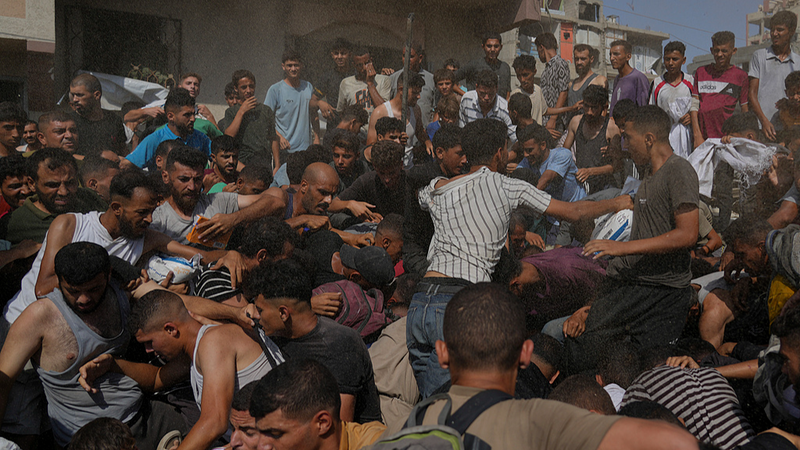A new UN determination has confirmed that Gaza is in the grip of a "man-made" famine, marking a turning point in one of the world’s worst humanitarian emergencies.
According to the Integrated Food Security Phase Classification (IPC), famine has already taken hold in northern Gaza and is projected to spread to Deir al-Balah and Khan Younis in the coming weeks. By late September, nearly a third of Gaza’s 2.1 million residents—over 640,000 people—could face catastrophic hunger, with an additional 1.14 million at emergency levels.
Tom Fletcher, UN Under-Secretary-General for Humanitarian Affairs, called this “a moment of collective shame,” urging leaders to “ceasefire. Open the crossings, north and south, all of them. Let us get food and other supplies in, unimpeded and at the massive scale required.” He stressed that “this is not a mystery, it is a man-made disaster, a moral indictment and a failure of humanity itself.”
UN Secretary-General Antonio Guterres echoed the warning from Expo 2025 Osaka: “Famine is not only about food, but also the deliberate collapse of the systems needed for human survival.” He reminded the international community that, under international law, the occupying power must ensure food and medical supplies for the population.
The Gaza Health Ministry reports 273 deaths from starvation and malnutrition, including 112 children, since the war began. Israel’s government rejected the IPC findings as “an outright lie,” insisting its policy is to prevent starvation, not cause it. Adding to the fallout, Dutch Foreign Minister Caspar Veldkamp resigned after failing to secure tougher measures in his cabinet to pressure Israel.
As the blockade tightens and hopes for a ceasefire wane, international voices are calling for urgent action. The world’s response in the next days could mean the difference between life and death for hundreds of thousands in Gaza.
Reference(s):
UN agency says famine in Gaza is 'man-made' as food crisis deepens
cgtn.com



